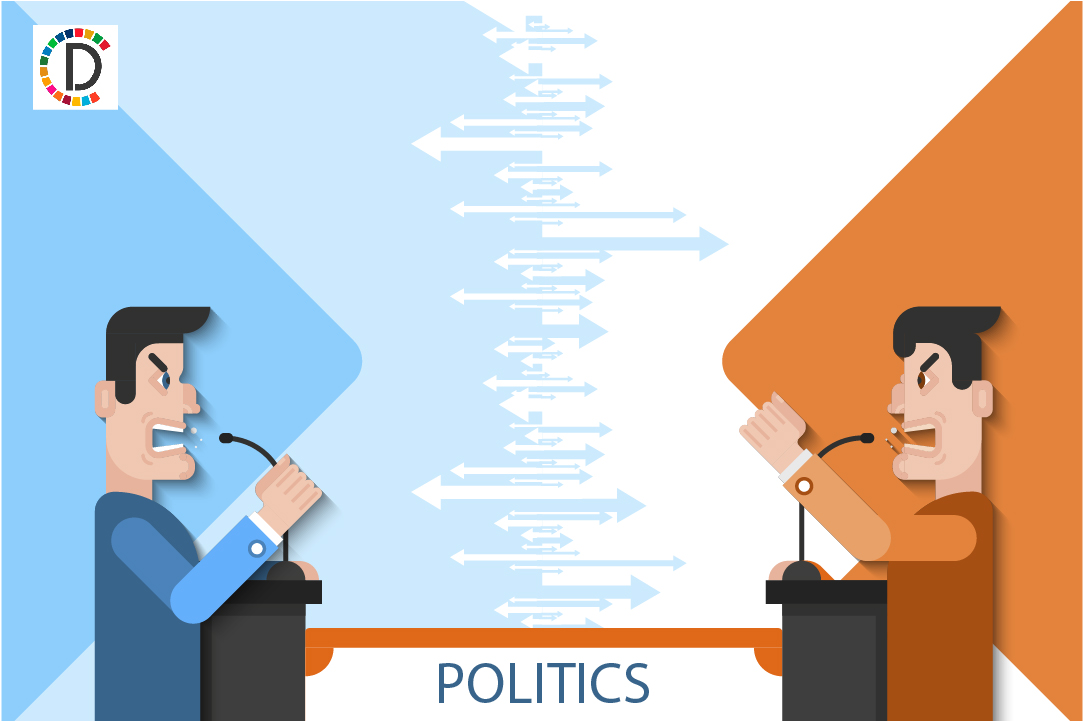Germany's Coalition Collapse: A Blessing in Disguise?
Germany's government faces a critical juncture as Chancellor Olaf Scholz fires his finance minister, ending the coalition. The collapse follows long-standing tensions over fiscal policy. The government crisis coincides with Donald Trump's U.S. presidential win, prompting calls for clarity and new elections amid economic challenges.

Germany is navigating a significant political crisis after Chancellor Olaf Scholz dismissed his finance minister, effectively dismantling the coalition government. The rift highlights enduring tensions within Germany's ruling factions.
Vice Chancellor Robert Habeck assured the public that Germany remains functional despite the parliamentary majority dissolving. The collapse marks a response to disagreements on fiscal policies and economic support initiatives, both domestically and for Ukraine. The fallout comes shortly after Donald Trump's election as U.S. president, adding to Europe's strategic uncertainties.
Economist Carsten Brzeski suggested the government's collapse could energize Germany with new leadership and policies, as calls for swift elections grow louder. The nation faces pressing issues, including economic stagnation, infrastructure challenges, and military inadequacies.
(With inputs from agencies.)
ALSO READ
Trudeau and Trump Discuss Trade and Global Economy
Supreme Court Elections: The Battle Over Abortion Rights Shifts to States
South Asian Bar Association Pushes for Comprehensive Immigration Reform Amidst Divisive Elections
Himachal Pradesh Congress Takes Bold Step to Restructure for Future Elections
Sharad Pawar Confident in NCP-SP's Victory: Maharashtra Assembly Elections Heat Up










